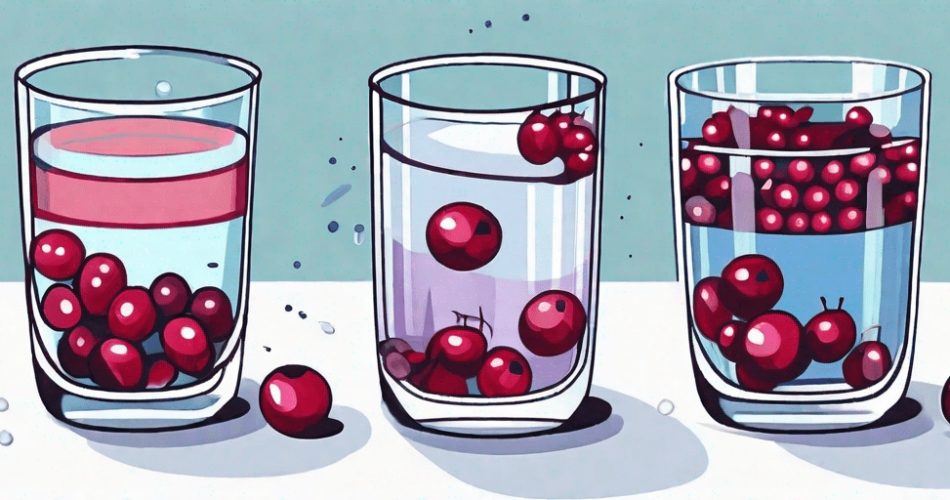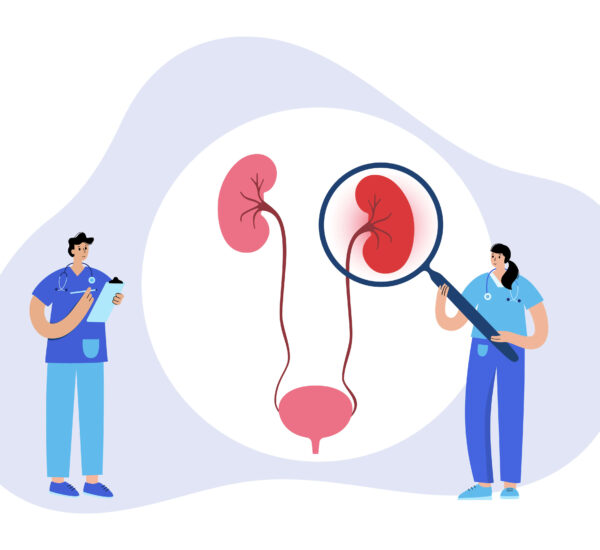The struggles that UTI brings to patients is a serious matter that needs to be dealt with. There are cases wherein disregarding symptoms have lead to a more complicated illness. That’s why knowing the possible urinary tract infection treatment is a must for the patients and their family. With this valuable knowledge, individuals can properly manage the infection before it progresses to a more severe condition.
In this article, we will delve into the various treatment options available for UTI, including conventional urinary tract infection treatment, alternative therapies, and lifestyle changes that can help prevent future infections. We will also explore the latest advancements in medical research and potential new treatments on the horizon. Let’s begin!
Understanding Urinary Tract Infections
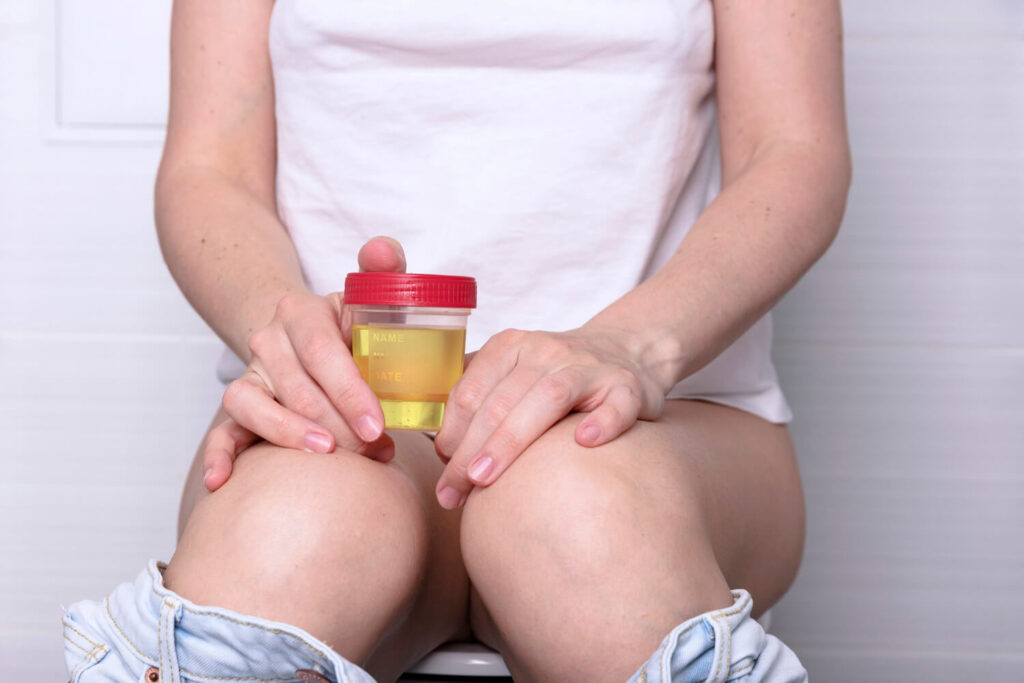
Before diving into the treatment strategies, it’s crucial to have a good grasp of what UTI is and how it can affect the body. The simplest description of this infection is it is a result of a bacteria, Escherichia coli (E. coli), that entered the urinary tract.
In this case, the bacteria will infect the other parts of the urinary tract, which are the kidneys, bladder, ureters, and urethra. Most affected area is the lower urinary tract, which includes the bladder and urethra.
The urinary tract is a complex system responsible for removing waste and excess fluids from the body. Each of the mentioned part has a role to perform. For instance, the kidneys filter the blood, producing urine that travels through the ureters to the bladder. Meanwhile, the bladder stores urine until it is ready to be expelled through the urethra.
This intricate system is normally well-protected against bacteria, thanks to its natural defenses, such as urine flow and the lining of the urinary tract. However, certain factors can disrupt this balance and make the urinary tract more susceptible to infections.
Causes and Symptoms of UTI

Aside from the bacterial causes, there are still other known factors that can lead to UTI. These variety of factors may include poor hygiene, sexual intercourse, hormonal changes, and certain underlying medical conditions like diabetes.
Let’s uncover each below!
Poor Hygiene Practices
The first possible cause of the infection may involve improper hygiene. One of the most pertinent example is the act of not wiping properly after using the toilet. This scenario is usually applicable to women due to their anatomy. Meanwhile, another practice such as not washing hands thoroughly, can introduce bacteria into the urinary tract.
Sexual Intercourse
Aside from that, another possible cause of UTI is sexual intercourse. This type of activity may trigger infection due to possible entering of bacteria. Urinary tract infection treatment plan should involve counter-measures such as cleaning up before and after the intercourse. Doing so, will help decrease the risk of infection.
Hormonal Changes
On the other hand, individuals are also prone to UTI if there’s an occurrence of hormonal changes. This is common with UTI in pregnancy cases and even in menopausal stage. These imbalance can make the urinary tract more vulnerable to infections. That’s because changes can affect the acidity of the urine or weaken the immune system, making it easier for bacteria to thrive.
Other Medical Conditions
Additionally, certain medical conditions, such as diabetes or urinary tract abnormalities, can increase the risk of developing UTI. These conditions can influence the flow of urine and the health of the kidneys, which are both vital for a healthier urinary system. Thus, resulting in patients with these illnesses to be prone to infection.
The Impact of UTI on the Body
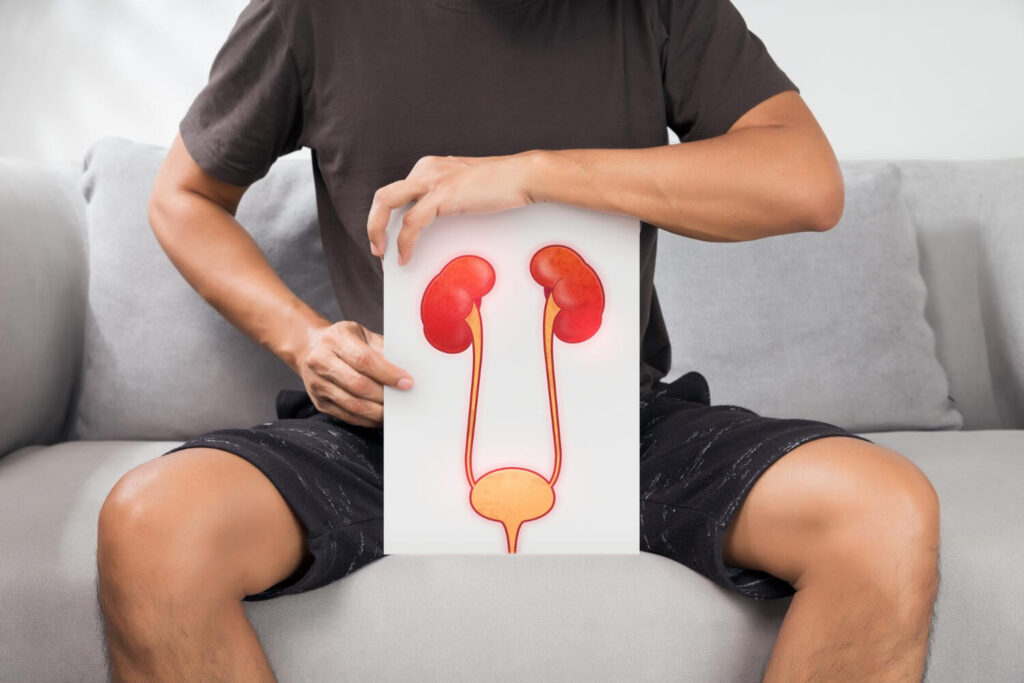
Symptoms of UTI
The symptoms of a UTI can vary, but common ones include a frequent urge to urinate, pain or a burning sensation during urination, cloudy or bloody urine, and discomfort in the lower abdomen or back.
Some individuals may also experience fever, fatigue, or malaise. It’s important to note that UTI symptoms can differ between men and women, with men often experiencing additional symptoms, such as rectal pain or discharge.
Consequences of UTI
While UTI may seem like a mere inconvenience, if left untreated, they can have serious consequences on the body. In some cases, the bacteria can travel up from the bladder to the kidneys, leading to a kidney infection. Thus the importance of urinary tract infection treatment as early as possible.
One of the known conditions resulting from UTI is pyelonephritis. It can cause more severe symptoms, such as fever, chills, nausea, and back pain. The kidneys play a vital role in filtering waste and maintaining fluid balance in the body. When infected, the kidneys may not function properly, leading to a buildup of toxins and fluid imbalances. This can result in decreased urine output, electrolyte imbalances, and even kidney failure in severe cases.
In addition to the immediate impact on the kidneys, recurrent UTIs can also have long-term effects on the urinary tract. Frequent infections can cause scarring and damage to the bladder and urethra, leading to chronic pain, urinary incontinence, and increased susceptibility to future infections.
Kidney infections require prompt medical attention, as they can lead to complications and long-term kidney damage if left untreated. It’s best to seek online consultation for immediate help and to receive proper urinary tract infection treatment.
Conventional Urinary Tract Infection Treatment
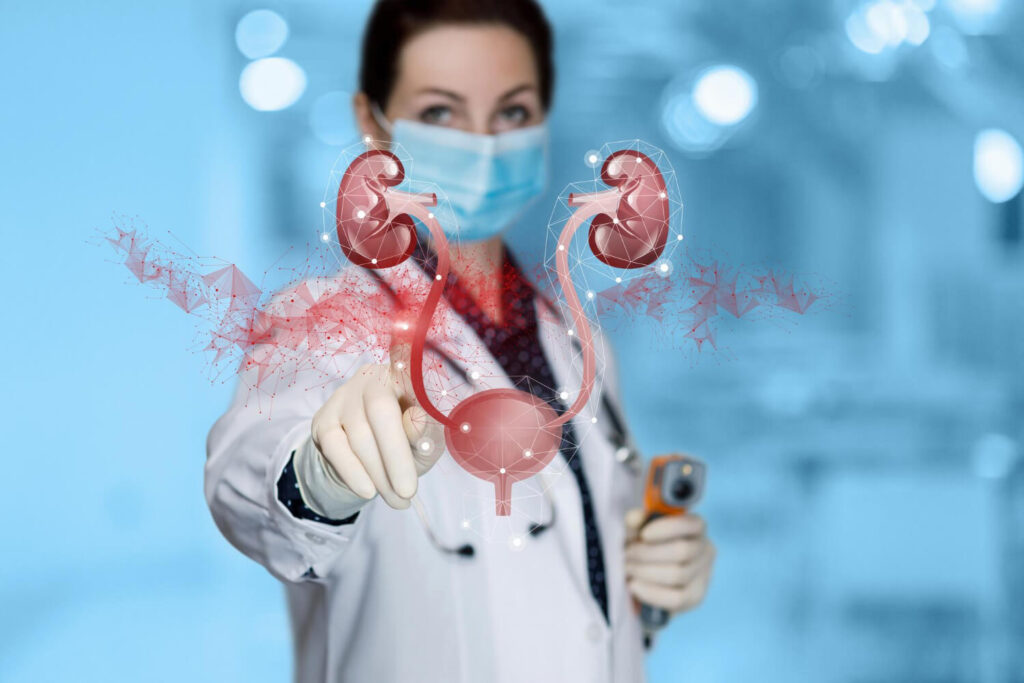
Antibiotics and Their Role in UTI Treatment
When it comes to treating UTIs, traditional medicine offers a range of options. The most commonly prescribed treatment is antibiotics, which work by killing the bacteria causing the infection. It’s important to complete the full course of antibiotics to ensure that the infection is fully eradicated. I
Antibiotics are the go-to treatment for UTIs due to their effectiveness in eliminating bacterial infections. They target the specific bacteria responsible for the infection, helping to clear it from the urinary tract. Commonly prescribed antibiotics for UTIs include trimethoprim-sulfamethoxazole, nitrofurantoin, and ciprofloxacin.
It’s worth noting that the overuse and misuse of antibiotics can contribute to antibiotic resistance, a growing concern in the medical community. Antibiotic resistance occurs when bacteria develop the ability to survive and multiply in the presence of antibiotics, rendering the drugs less effective. To combat this issue, healthcare professionals follow guidelines for prescribing antibiotics, ensuring that they are used appropriately and only when necessary.
Pain Management for UTI Symptoms
While antibiotics target the bacteria, pain management strategies can help alleviate the uncomfortable symptoms of UTIs. Over-the-counter pain relievers, such as nonsteroidal anti-inflammatory drugs (NSAIDs) like ibuprofen or acetaminophen, can provide temporary relief from pain and reduce inflammation. These medications work by blocking certain chemicals in the body that cause pain and swelling.
In addition to medication, there are other self-care measures that can help manage UTI symptoms. Drinking plenty of water and staying hydrated can help flush out bacteria from the urinary tract. Avoiding irritants like caffeine, alcohol, and spicy foods may also help reduce discomfort. Applying a heating pad to the lower abdomen can provide soothing warmth and relieve discomfort.
It’s important to note that while pain management strategies can provide relief, they do not treat the underlying infection. It’s crucial to seek medical attention and follow the prescribed antibiotic treatment to fully eliminate the UTI.
Alternative Urinary Tract Infection Treatment

In addition to conventional treatments, alternative therapies can complement and enhance the treatment of UTIs. These therapies focus on natural remedies and lifestyle changes to support the body’s immune system and prevent recurring infections.
There are various alternative therapies that can be explored to provide additional support and relief. These therapies range from herbal remedies to the use of probiotics, each offering its own potential benefits.
Herbal Remedies and Their Potential Benefits
Known for being used for centuries, it is an ideal remedy to treat various ailments, including UTIs. Certain herbs, such as uva-ursi, cranberry, and goldenseal, are believed to have antimicrobial properties that can help fight off infection-causing bacteria. Uva-ursi, also known as bearberry, contains a compound called arbutin, which is converted into hydroquinone in the body. Hydroquinone is thought to have antibacterial effects, making uva-ursi an attractive option for UTI treatment.
Cranberry is another popular herbal remedy that has gained recognition for its potential benefits in preventing UTIs. It contains compounds called proanthocyanidins, which may help prevent bacteria from adhering to the walls of the urinary tract, reducing the risk of infection.
Goldenseal, a herb native to North America, is known for its antimicrobial properties. It contains a compound called berberine, which has been shown to inhibit the growth of bacteria, fungi, and parasites.
While the effectiveness of these herbs are known, it is still important to seek guidance from a health expert before incorporating them into your treatment regimen. Doing so will ensure that patients can receive the proper care and treatment needed to combat signs of infection.
Lifestyle Changes to Prevent UTI
Preventing UTI goes beyond treating the infection itself. By implementing certain lifestyle changes and adopting healthy habits, you can significantly reduce the risk of recurrent UTIs.
Urinary tract infection is a common and uncomfortable condition that can affect both men and women. They occur when bacteria enter the urinary tract and multiply, leading to infection. While antibiotics are often prescribed to treat UTIs, there are also proactive steps you can take to prevent them from occurring in the first place.
Hydration and Its Importance in UTI Prevention
Staying hydrated is crucial for overall health and can play a pivotal role in preventing UTIs. Drinking plenty of water helps flush out bacteria from the urinary tract, reducing the chances of infection. Aim to drink at least eight glasses of water per day, and consider increasing your intake if you are more physically active or live in a hot climate.
In addition to water, you can also incorporate other hydrating beverages into your daily routine, such as herbal teas and infused water. These can provide added benefits, such as soothing inflammation and boosting your immune system.
Furthermore, maintaining good hydration levels can have a positive impact on your overall urinary health. It can help dilute urine, making it less concentrated and reducing the likelihood of bacteria adhering to the urinary tract walls.
Dietary Changes to Reduce UTI Risk
Your diet can impact your susceptibility to UTI. Certain foods and beverages, such as caffeine, alcohol, and spicy foods, can irritate the urinary tract and potentially increase the risk of infection. Conversely, consuming a well-balanced diet rich in fruits, vegetables, and whole grains can support a healthy urinary tract and bolster your immune system.
Fruits and vegetables, especially those high in vitamin C, can help acidify the urine, creating an environment that is less favorable for bacterial growth. Citrus fruits, berries, and leafy greens are excellent choices to incorporate into your diet.
Additionally, probiotics, found in foods like yogurt and fermented vegetables, can promote the growth of beneficial bacteria in the urinary tract, which can help prevent the overgrowth of harmful bacteria that can lead to UTI.
It is also important to limit your intake of sugary and processed foods, as these can contribute to inflammation and weaken your immune system. Opting for whole grains, lean proteins, and healthy fats can provide the necessary nutrients to support your body’s natural defense mechanisms.
By making these dietary changes, you can not only reduce your risk of UTI but also improve your overall health and well-being.
Final Takeaway
Effectively treating and overcoming UTI involves a multifaceted approach. Conventional treatments, alternative therapies, and lifestyle changes all have a role to play in managing and preventing UTI. By understanding the causes, symptoms, and impact of UTIs, as well as staying informed about the latest advancements in medical research, individuals can
Make informed decisions and take proactive steps towards treating and preventing these infections. Set an appointment online with a urologist for immediate treatment against UTI.
